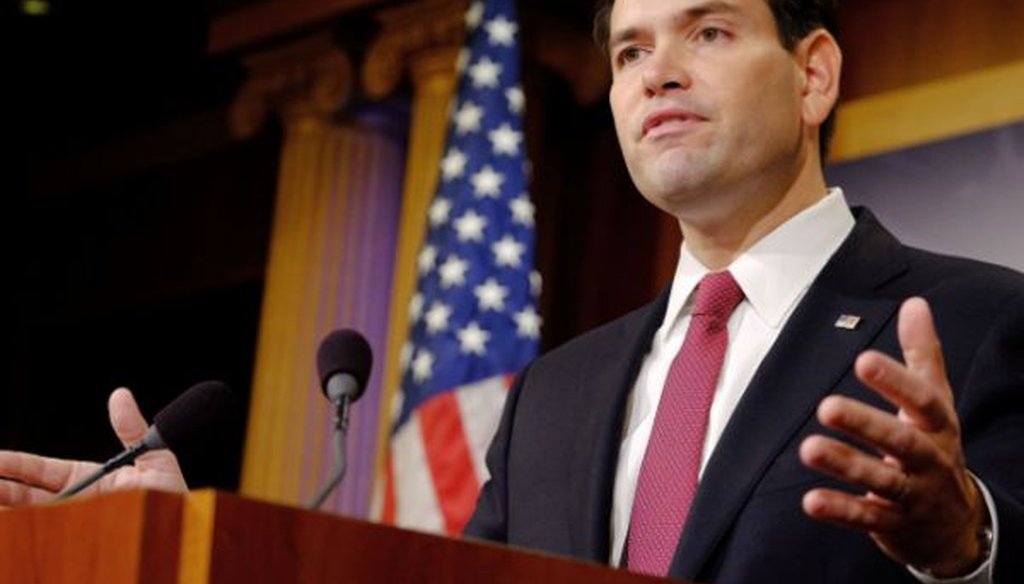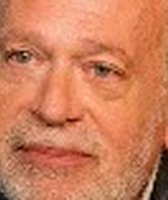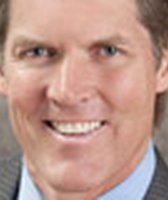Stand up for the facts!
Our only agenda is to publish the truth so you can be an informed participant in democracy.
We need your help.
I would like to contribute

Sen. Marco Rubio, R-Fla., reacts to President Barack Obama's announcement about revising policies on U.S.-Cuba relations on Dec. 17, 2014.
President Barack Obama’s administration has hit the reset button on Cuba, setting off a series of political claims from Florida.
On Jan. 15, the federal departments of Treasury and Commerce released new rules that make it easier for Americans to travel to Cuba and send money there. While the embargo remains in place -- that could only be lifted by Congress -- the new rules allow increased exports to the island and allow American visitors to return home with some Cuban cigars and rum.
As part of the deal between the two countries, Cuba released USAID worker Alan Gross and another spy whom the government didn’t identify (the Miami Herald reported that Rolando Sarraff fits the description). Cuba also announced it would release 53 political prisoners -- though news reports stated that two have been arrested again. In return, the United States released three imprisoned Cuban spies.
The rules follow Obama’s Dec. 17 announcement that the United States would normalize relations with Cuba. Florida’s Cuban-American senator, Marco Rubio of Miami, blasted the move, as did some other GOP South Florida members of Congress. (Tampa Bay’s U.S. Rep. Kathy Castor, a Democrat, strongly supported the move.)
Cuba has been a hot topic in Florida politics for decades -- including in last year’s race for governor. But Obama’s announcement paves the way for more debate about Cuba heading into the 2016 presidential election. Obama will likely mention Cuba in his State of the Union speech, given thatGross will sit with First Lady Michelle Obama. Rubio, meanwhile, has invited Rosa María Payá, daughter of the late activist Oswaldo Payá, who was killed in a suspicious car accident on the island. The GOP response will be given by U.S. Sen. Joni Ernst, R-Iowa, and translated into Spanish by Miami’s U.S. Rep. Carlos Curbelo.
Sign up for PolitiFact texts
Here’s a summary of some of our recent fact-checks that relate to Cuba.
Rubio’s claims about Internet and democracy
Rubio, a GOP presidential contender, has become one of the leading critics of Obama’s announcement. One of his chief criticisms is that Cuba isn’t being forced to make real change.
Rubio said that in the negotiations, "no commitment was made to allowing the establishment of political parties or to even begin the semblance of a transition to a democracy."
He was largely correct. Cuba did promise to release 53 political prisoners, but the secret talks led to no measurable changes to a political system dominated for more than half a century by the Castro brothers. We rated Rubio’s statement Mostly True.
Rubio also made this claim about the lack of internet access in Cuba:
"The reason why (Cubans) don't have access to 21st century telecommunications — like smart phones, like access to the Internet — is because it is illegal in Cuba."
"Illegal" is probably the wrong word. There are some ways to legally access the Internet in Cuba, but not in one's home, or on mobile devices, and not by connecting to the full World Wide Web. Internet use is primarily restricted to government-run access points that are heavily monitored, and it’s too expensive for most Cubans.
U.S. sanctions have played a role in the limited availability of technology. However, Rubio is right that the Cuban government has nearly complete control over the Internet. We rated Rubio’s statement Mostly True.
Obama's flip-flop
After Obama’s December announcement, U.S. Rep. Mario Diaz-Balart characterized Obama’s position as a significant change from what he said during the 2008 campaign.
Diaz-Balart said that in 2008, Obama said that normalization with Cuba would first require "liberation of all political prisoners, and some basic steps toward freedom, including freedom of the press, political parties, labor unions."
Obama did suggest such a linkage in 2008, though his phrasing was open to interpretation. We rated Diaz-Balart’s claim Mostly True.
Obama promised during his 2008 campaign that he would grant Cuban Americans unrestricted access to visit relatives and send money, a promise we rated Kept in 2009 after he eased the rules.
Venezuela's role
Ana Navarro, a CNN contributor and GOP strategist of Florida, argued that Obama could have out-waited the Castro brothers, Fidel and Raul. The Cuban economy is in shambles, Navarro told CNN’s Anderson Cooper.
"A lot of what (Cuba’s) survival depends on is Venezuelan oil money, which is drying up."
Venezuelan aid added at least 6 percent to Cuba’s GDP in 2013. Venezuela is also a major trading partner, buying as much as 40 percent of Cuba’s trade in goods. The loss of direct support from Venezuela could cause a 7 to 10 percent drop in Cuba’s GDP, experts told us. Though Cuba has been moving to reduce its dependency on Venezuela, and has a track record of making it through tough times, that would still be a significant hit. We rated her claim Mostly True.
U.S. diplomatic presence in Cuba
Part of Obama’s plan includes that the United States will open an embassy in Cuba and appoint an ambassador. But in reality, American officials are already there.
Obama’s former Cuba policy adviser Dan Restrepo said, "The U.S. has the largest diplomatic presence of any country in Cuba in Havana today. The U.S. interests section is the largest diplomatic gathering in the country. It’s housed in the building that was the U.S. embassy before we broke off diplomatic relations. So the notion that you’re going to shut that operation down when really what you’re doing is changing the sign on the door doesn’t really square up with reality."
We could not obtain enough details about the size of other countries’ presence in Cuba to rate Restrepo’s claim on the Truth-O-Meter.
Here’s what we do know:
The United States has had a diplomatic post in Cuba for years, the U.S. Interests Section of Havana, Cuba, housed in the building formerly known as the U.S. embassy, which opened in 1953. The building reopened in 1977 under President Jimmy Carter, and it operates under the auspices of the Swiss embassy.
An agreement between the United States and Cuba allows a total of 51 American diplomats.In addition there are about 400 Cubans who work for the embassy-like operation. But is it the largest? Experts told us they believe Restrepo is correct, however, we could not find data on the number of staff in Cuba on behalf of other countries.
Spot a claim about Cuba or other topics worthy of a fact-check? #PolitiFactThis or [email protected]
Our Sources
Miami Herald, "Spy wars: a wilderness of mirrors in spy swap," Jan. 1, 2015
Miami Herald’s Naked Politics blog, "Diaz-Balart: Cuba already backsliding, re-arrested 2 of the 53 political prisoners in Obama deal," Jan. 16, 2015
Miami Herald’s Naked Politics blog, "Alan Gross to sit with First Lady Michelle Obama at State of the Union; Marco Rubio invites late Cuban activist’s daughter," Jan. 19, 2015
See individual fact-checks for sources




























